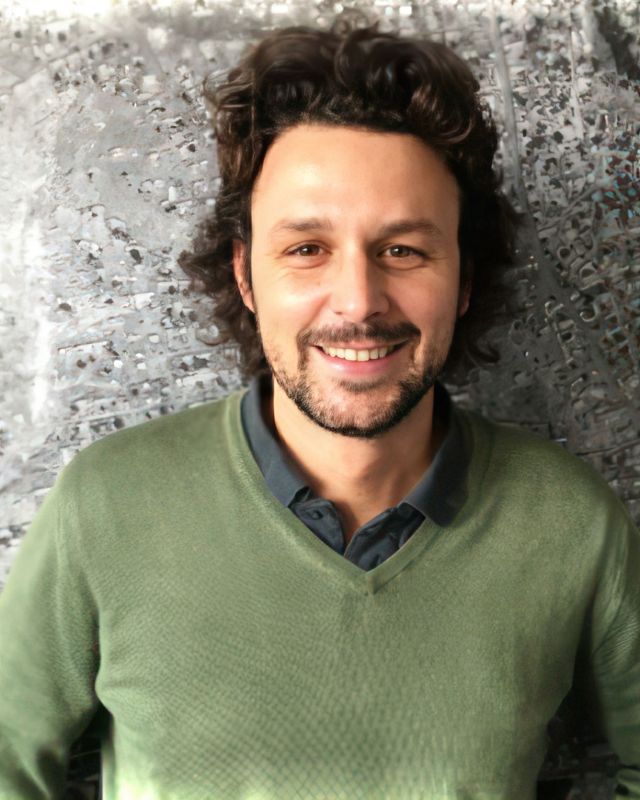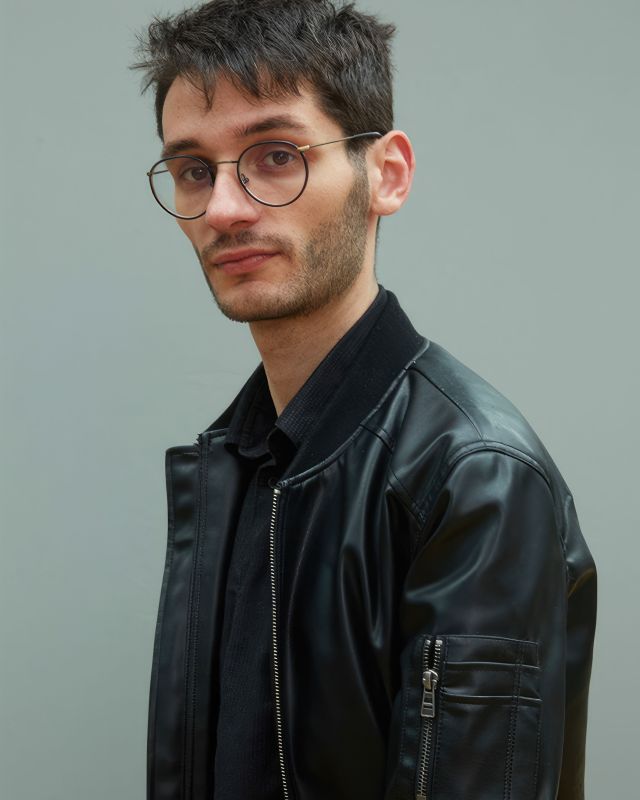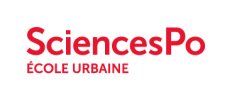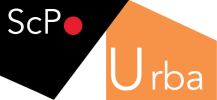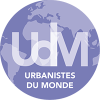Portrait
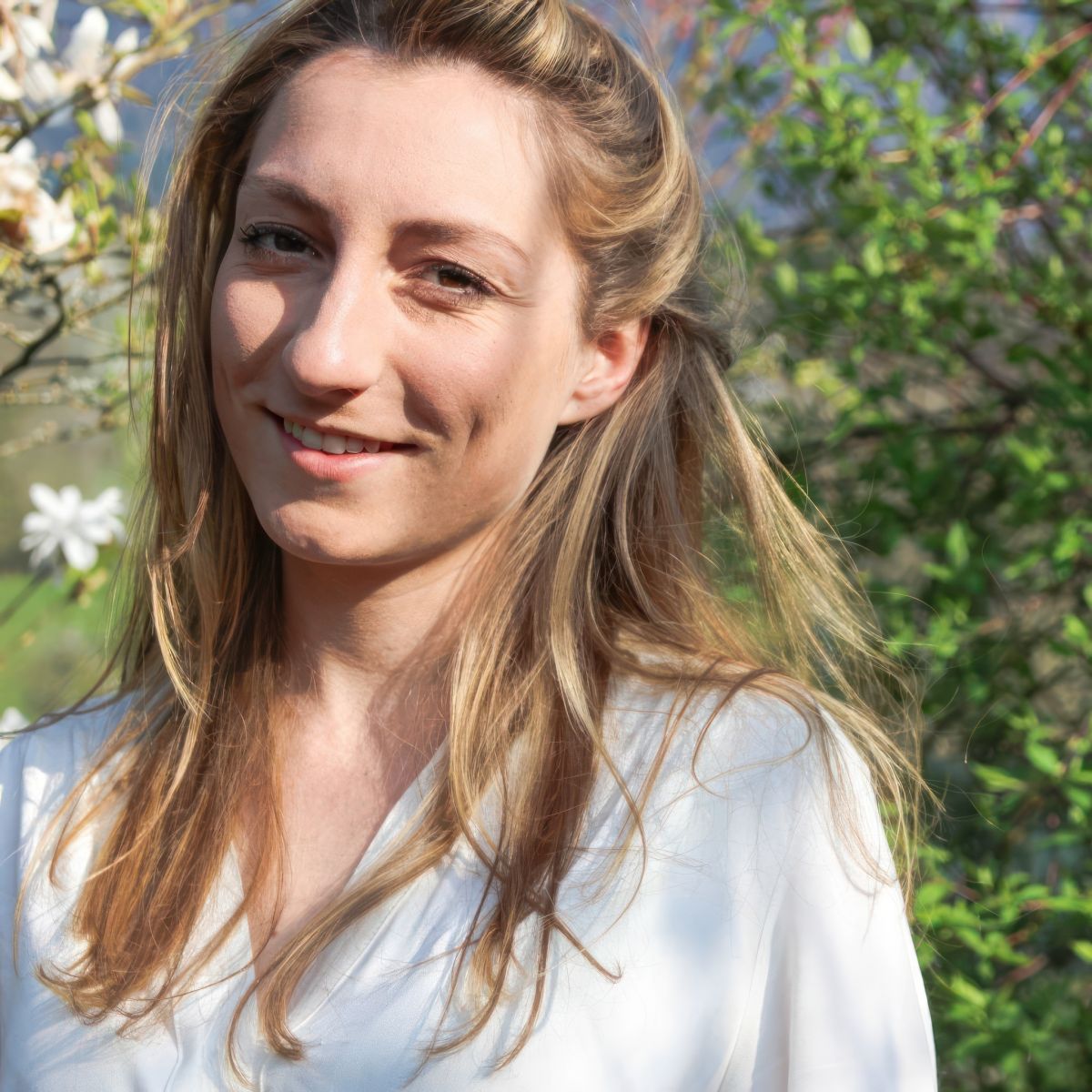
Louise Thaller - GLM 2015 - A passion for urban development
Posted on | Alumni Portrait
Louise is a young alumni (GLM 2015), who cultivates great experiences in the urban development sector. She has explored all aspects of this sector: in a design office, then on the donor side, and soon within an NGO. A look back at a career marked by her passion for development.
An early interest
She was interested in the development sector long before the master's program. She had already done an internship in Ghana with the French Development Agency (AFD) in her third year, where she worked on a waste management project in the slums of Accra. She is also carrying out her collective project with the AFD, on labor markets in African cities.
The experience of the consulting world
Louise is doing her end-of-studies internship at Groupe Huit, a consulting firm specialized in urban and municipal development, based in Paris. She worked on many projects in Africa and Asia. This internship gave her a better understanding of how the development chain works, with consultants working both with donors and, in the field, with local counterparts and beneficiaries. It also allowed her to realize that "in the end, working isn't a big deal! "When you're a student, you feel like you're worthless because you're bathed in all this theoretical atmosphere and you wonder how you're going to put it all into practice. I was reassured about that," she explains.
A frustration? She supports the research and analysis work at headquarters, but hasn't been in the field. This experience does not give her the full perspective of a consultant's work: consultants must indeed demonstrate their ability to extract a lot of information during field missions, to analyze it and report back to headquarters.
"Sciences Po gives you the keys to analysis upstream and downstream of the mission. But you're not at the heart of the consultant's job until you go into the field." Being close to the projects and populations seemed essential to her: at the end of this internship, she wanted an experience abroad, in the field. She was accepted as an international volunteer at AFD in the Central African Republic. It was a destination she had not initially considered, she says. Groupe Huit consultants had just returned from a mission in Bangui and told her about a VIA opportunity that was opening up.
Project Manager in Bangui (Central African Republic)
She is now in charge of urban development projects in Bangui. AFD's office in the Central African Republic reopened recently, shortly after the police-military crisis that shook the country. The office is staffed only by a director and a volunteer. It has thus quickly taken on important responsibilities. The role of the Bangui office is to act as an interface between AFD headquarters in Paris and the local counterparts - the government and operators. It is therefore constantly involved in institutional dialogue and interacts with high-level authorities, parastatals, mayors, traditional chiefs, NGOs and consultants. The key: being flexible and versatile.
What's at stake?
Sometimes she has to manage issues that she is less familiar with. Indeed, of the 9 projects she worked on, the majority were in urban development, but some also touched on local governance, humanitarian affairs or natural resource management - some projects were therefore far from her preferred subjects. For example, she had to work on a project in the forestry sector, which involves interacting with both advanced scientists and the industrial sector. You have to learn to quickly master the jargon of each player, be proactive, and quickly absorb a lot of information to be credible in the partnership relationship and be able to influence the dialogue. Finally, the Sciences Po training helps with this: we are well trained to know how to quickly appropriate a subject.
Isn't it scary to go from intern to project manager with big responsibilities?
"What you have to tell yourself is that if they hire you, it means they trust you. You shouldn't waste time doubting your abilities, but rather test them, let them mature," says Louise. At the beginning, she obviously goes through a big adaptation and observation phase, but then she can assert herself. "As a young person, you also benefit from a form of tolerance from others towards you, but you have to show that you believe in what you are doing and that you put the energy you need to defend your ideas." The advantage of contexts that are considered difficult is that project managers have more operational leeway. The Agency has a very important role to play in advancing practices and innovation. Thus, we must not hesitate to try, to launch ideas.
The development aid landscape in the Central African Republic is dominated by men, and senior men at that. This is true at least for the institutional actors. So it took an extra effort to position yourself in the game as a young woman. Although there is no particular anti-women view in the Central African Republic, the representation of women in political or managerial positions is low, and the interlocutors are more reassured by partners with a strong experience. It is necessary from the start to demonstrate one's willingness and seriousness, to build one's legitimacy. "Moreover, in this work, it is important to show the different actors with whom we work that we are not a threat but a support, and to build a partnership relationship over time," she says. If sometimes, on a day-to-day basis, it is difficult to be only two people, the fact of working within a large institution and being supported by the head office also changes the situation.
What about consulting work?
Institutional continuity is interesting on the donor side," says Louise. The consultant cannot follow the results of his actions and contributions: he intervenes for a feasibility study, for example, and then withdraws. The donor, on the other hand, remains in the country and builds a relationship with the various actors over the course of the projects. This also makes it possible to be a catalyst: in the Central African Republic, AFD has a real role as a driving force and can stimulate new dynamics. In this business, it is especially important to respect the authorities and to accompany them. The political dimension is very present. But we have to be careful not to leave anyone out: some populations are neglected by the authorities and are not integrated into the decision-making process when they should be.
Louise evokes a certain disillusionment: "you come as a student from Sciences Po with your great ideas, you want to use your energy and the collective energy to make things move in the right direction, so that the projects benefit as many people as possible, but you quickly understand that this sector is as much about compromise as it is about philanthropy. You have to learn to deal with political, sectoral, and bureaucratic agendas; and patiently build consensus in order to move forward. Thus, one must be in tune with one's ideas, but also find agreements and know how to put one's idealism aside - it is all a question of balance.
On the professional side, it is an exciting experience that allows him to quickly gain experience, and to realize that nothing is impossible.
And on the personal side, what is expat life like?
Louise explains to me that in the field, there is a high turnover of young people working in humanitarian aid, especially in the Central African Republic. Thus, "it is easy to meet young people of your generation, but harder to have social relationships that last over time. So these are short but wonderful encounters: you easily have strong affinities, because they are there because of motivations that are similar to yours, and you will share very strong human adventures. But you have to assume that it will only last for a while". The expat world is a small world in Bangui. Louise advises to get out of this bubble - which can require real efforts, but which she does not regret. You have to try "to live a little locally, to understand the situation better. If you live abroad, it is assumed that you have an appetite for other cultures, so you have to try to avoid staying in your comfort zone, among white foreigners". She would also likely have done a poorer quality job without the knowledge of the local culture that her Central African friends had provided.
However, it was also important for her to be integrated into the expat community because "it's all about the beers too," as she puts it. Some difficulties on projects can be solved unexpectedly outside of working hours. As a result, it can be difficult to separate personal and professional life. It is also important to take the time to learn from other professionals in the field, by looking at their experiences.
Towards a new adventure: NGO project manager in Haiti
After a year and a half in Bangui, Louise is back in France but is about to fly to Haiti to follow an urban recovery project in the Cité Soleil neighborhood of Port-au-Prince, working for an NGO. Today, she wants to be closer to the communities - that is, to those who are at the end of the development aid chain and should benefit from it. She is also convinced that in order to work one day in France in a large institution such as AFD, it is necessary to have experience in the field, close to the populations, in order to provide quality work, to bring relevant answers to the needs, and thus bring added value to the institution.
This new experience is also an opportunity to get to know another continent, other urban dynamics, and to explore a mandate that is very different from that of a consultant or donor. Louise is looking forward to her departure to Haiti with great enthusiasm and curiosity. It promises to be a very rich experience!
Some advice for Sciences Po students and recent graduates?
First of all, it is important to choose your internship carefully, as it can lead to professional opportunities, directly or indirectly. You must also always learn from others, "network", not in an opportunistic way, but rather to benefit from their experiences and advice.
In addition, you must remain attentive to your convictions. "I'm not saying that you have to be hung up on your beliefs, because you also have to know how to listen to the beliefs of others and be open, but you don't want to embark on a professional adventure whose methods or results go against your values." Our work must be meaningful to us, our actions must seem relevant. "If what you are doing is not going in the direction you want, either do something else or do something else," she summarizes.
You also have to know how to remain humble: "when you work in the world of development and humanitarian aid, you are mobilized on difficult subjects, of extreme precariousness. We tend to give an excessive importance to our work. You have to know how to be humble: it is not because you are doing humanitarian work with very impoverished or endangered populations that what you do is more important than what others do!
Finally, one last word: dare!
The GLM master's degree does not close any doors: according to Louise, you have to take advantage of it. For her, you have until the age of 30 to experiment and test everything that attracts you. You shouldn't be obsessed with the word career and you shouldn't be afraid to live an adventure for which you don't have all the keys in hand beforehand. Going abroad can also be an opportunity to have greater responsibilities than in an established structure in France.
You can contact Louise at this address:
Stéphane Milhaud - STU 2009 - Urban engineer at Groupe Huit
Posted on October 30, 2017
A 2009 STU graduate, Stéphane Milhaud is an urban engineer at Groupe Huit, a French multidisciplinary consulting firm specializing in the municipal and urban d…
Hugo Christy - GLM 2012 - Director of Ideas, Content & Communities at REI Habitat
Posted on April 09, 2017
How does one become an Ideas Director? Hugo Christy is a 2013 GLM, who went on to work full time for Anne Hidalgo, at the time First Deputy in charge of urban…
 English
English  Français
Français 